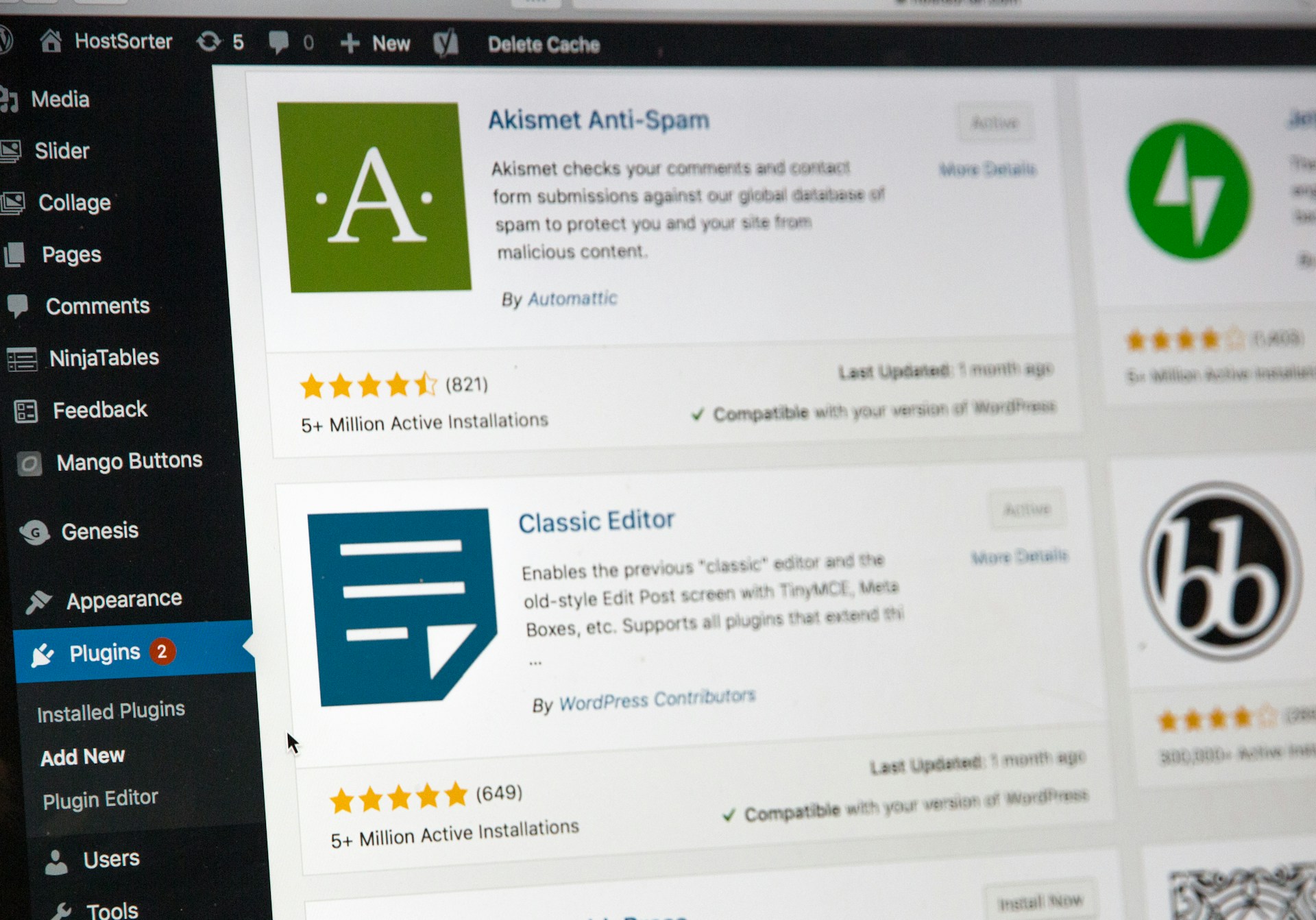WordPress has been called many things over the past two decades — a blogging tool, a website builder, a CMS for beginners, even a platform that's “past its prime.” In the age of slick website builders like Webflow, Wix, and Squarespace, and the explosion of headless CMS solutions, some skeptics are ready to throw WordPress into the graveyard of outdated tech. But is WordPress really dying, or is this narrative just a misunderstanding of how the web is evolving?
Let's dive deep into the truth about WordPress — its flaws, its power, its competition, and why it continues to dominate the internet despite all the criticism.
The “WordPress is dead” narrative
Every few years, someone proclaims that WordPress is dead. Why?
- The tech world loves novelty. New tools appear promising “no code” or “next-gen development” while WordPress feels familiar.
- Developers criticize its legacy structure. PHP, traditional theming, and plugin bloat seem archaic compared to modern JavaScript frameworks.
- Performance complaints. Badly configured themes and plugins give WordPress a reputation for being “slow.”
- Security fears. Because WordPress is everywhere, hackers target it more than other platforms.
These arguments sound convincing, especially to startups or developers who prefer cutting-edge tech. But they're missing a crucial point: ubiquity and adaptability matter more than novelty.
WordPress still powers over 40% of the web
Let's get one fact straight: WordPress isn't going anywhere soon. According to W3Techs, WordPress powers over 40% of all websites and over 60% of CMS-driven sites. No competitor even comes close. Wix, Squarespace, Shopify, Webflow — none of them crack double digits.
This dominance is no accident. WordPress is:
- Free and open-source. Anyone can use, modify, and distribute it.
- Supported by an enormous ecosystem. Thousands of plugins, themes, and developers make it endlessly customizable.
- Stable but flexible. It evolves without forcing users to abandon existing sites.
- Self-hosted or managed. Users can choose between total control or easy hosting.
When people say “WordPress is dying,” what they usually mean is “WordPress feels old.” But feeling old is not the same as being irrelevant — especially when the platform keeps updating.
Gutenberg and the evolution of WordPress
Another attack on WordPress is its dependency on plugins. Critics argue that:
- Too many plugins slow down a site.
- Poorly coded plugins cause security risks.
- Beginners install unnecessary tools.
This is partly true — but it's not a flaw in WordPress itself. It's a user problem. A skilled developer can build a fast, secure WordPress site with minimal plugins. The flexibility of WordPress is its greatest strength, not a liability. A platform that lets you choose is better than one that locks you in.
The competition is real — but it's not winning
Website builders like Wix and Squarespace target non-technical users who just want a beautiful site quickly. Headless CMS tools like Contentful or Sanity appeal to developers who want full control over front-end frameworks like React or Next.js.
But here's the thing:
- Website builders sacrifice flexibility for ease.
- Headless CMS tools sacrifice ease for flexibility.
WordPress sits in the middle, offering both. You can use it like a simple site builder with drag-and-drop themes, or you can go headless and use it purely as a backend for custom React/Vue front ends. Few platforms can bridge both worlds.
Security: The elephant in the room
Yes, WordPress sites are hacked more than other platforms. But that's largely because of scale — like Windows vs. macOS in the early 2000s. A huge user base makes it a bigger target. The core WordPress software itself is generally secure when kept up to date. Most vulnerabilities come from:
- Outdated plugins and themes
- Weak passwords
- Poor hosting environments
Blaming WordPress for insecure sites is like blaming a car manufacturer because people forget to change their brakes. The responsibility falls on site owners and developers.
WordPress in 2025 and beyond
Here's why WordPress isn't dying anytime soon:
- It's open-source and community-driven. No single company can kill it.
- It evolves without alienating users. You can update a 10-year-old WordPress site and it still works.
- The plugin ecosystem is unmatched. Need SEO tools, ecommerce, membership sites, multilingual content? There's a plugin for that.
- WooCommerce powers millions of stores. Shopify might be trendy, but WooCommerce (built on WordPress) quietly runs a huge chunk of ecommerce.
- Headless WordPress is growing. Developers can integrate WordPress with modern JS frameworks to build blazing-fast sites while still using WordPress for content management.
So, is WordPress dying?
No. But it is changing. The days of “WordPress as a blogging tool” are long gone. The platform is now a full-blown site builder, ecommerce solution, and even a headless CMS — if you know how to use it.
The real problem isn't WordPress itself. It's how people misuse it:
- Installing bloated themes instead of building lean sites.
- Ignoring updates and security best practices.
- Treating WordPress as if it hasn't evolved since 2010.
WordPress is like an old rock band that keeps selling out stadiums. Critics say “their best days are over,” but fans — in this case, website owners — keep showing up because it still delivers.
Final thoughts
WordPress isn't perfect. It has quirks, legacy code, and a learning curve. But it remains the most versatile, widely supported CMS on the planet. For businesses, bloggers, and developers who value control and flexibility, there's nothing quite like it.
If anything, WordPress isn't dying — it's outlasting the hype cycles of newer platforms. The question isn't whether WordPress will survive. The real question is whether you know how to use it well enough to make it shine.

